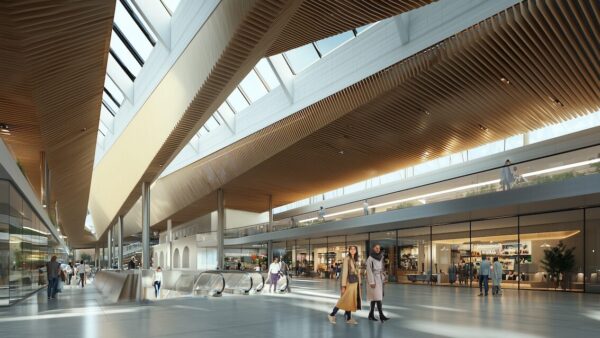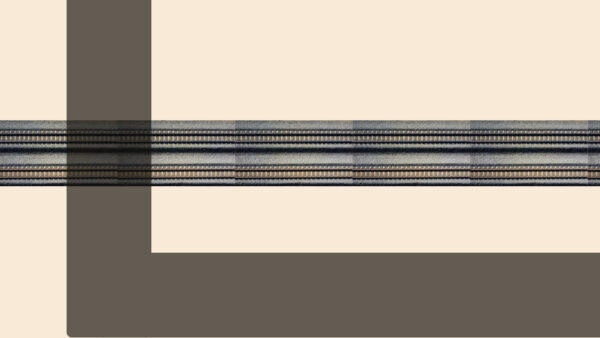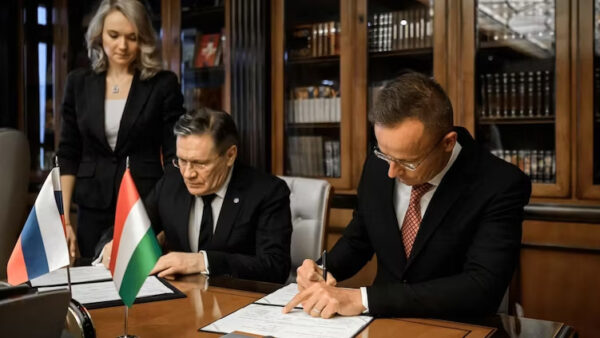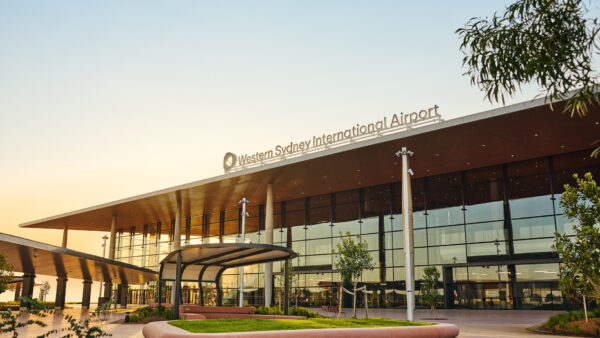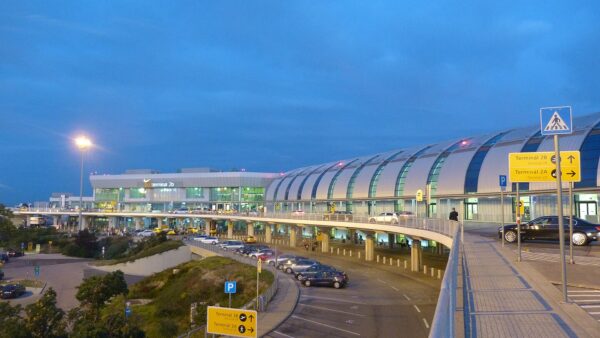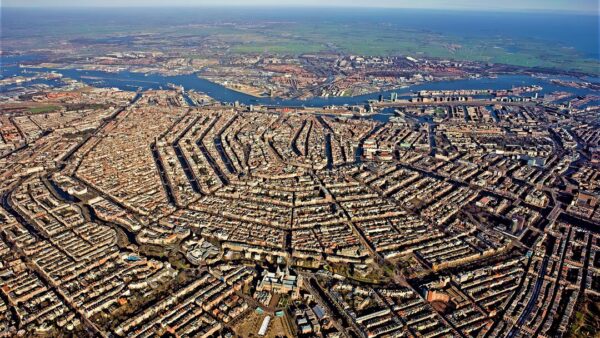The Kingdom of Saudi Arabia is to build a 600-mile high-tech security barrier to separate itself from the Islamic State (IS). Â
The “Northern Border Security Project” will consist of a sand berm and two chainlink fences topped by razor wire, reports The Telegraph. The fences will be 100m apart with a third concertina fence in the gap between them. An intruder alarm system will be provided by underground movement sensors, and 40 watchtowers equipped with night vision, thermal imaging cameras and radar supplied by Airbus industries. These Spexer 2000 radars can detect a truck 36km away, and a pedestrian from a distance of 18km. Â
To co-ordinate the information from the sensors, there will be seven command-and-control centres and 38 communications towers connected by a 1,450km long fibre-optic network to each other and the Ministry of the Interior in Riyadh. And to provide the response force, there will be 240 armoured cars backed up by helicopter gunships that will use a specially constructed patrol road running parallel with the fence.
The measures reflects Saudi concern over the military and ideological threat posed by IS fighters (pictured). This was underlined at the beginning of January when an attack launched from Al Anbar province in western Iraq, which is under the control of IS, killed two Saudi border guards and General Oudah al-Belawi, the commander of border operations in Saudi Arabia’s northern zone. The four assailants also died.
Gregory Gause, the head of the International Affairs Department at Texas A&M University, told US National Public Radio: “The more serious issue for Saudi Arabia and many other states in the Middle East is the affect that IS can have within its own domestic populations. I think that there’s quite a bit of sympathy in many areas of Saudi public opinion for IS’ fight against the Assad regime, for their fight against what many people in Saudi Arabia see as an Iranian puppet regime in Iraq. So there is undoubtedly sympathy for what ISIS is doing.”Â
The kingdom is also building a barrier across its frontier with Yemen. This barrier, which will may eventually stretch for 1,000km is intended to protect it from instability on its southern flank; the presidential palace in Sana’a was earlier this month taken over by member of the Houthi movement, a Shia group linked with Iran. Â
The idea for a physical barrier in the north was first mooted in 2006, during the turmoil that followed the US invasion of Iraq. Robert Jordan, the former ambassador to Saudi Arabia, told Fox News that “for the last seven or eight years the Saudis have been tendering bids for the construction of some sort of border security system, and many companies around the world have been bidding on a competitive basis”.Â
So far, the disintegration of the Middle East, which has brought civil war to republics of Libya, Syria, Iraq and Yemen has not affected the Gulf kingdoms and emirates, with the partial exception of Bahrain. The construction of physical barriers, at a cost that has not been revealed, is an indication of Saudi determination to keep it that way. Â
Photograph: Two Saudi border guards and a general were killed by IS fighters in January (Source: Image grab from IS propaganda video)

